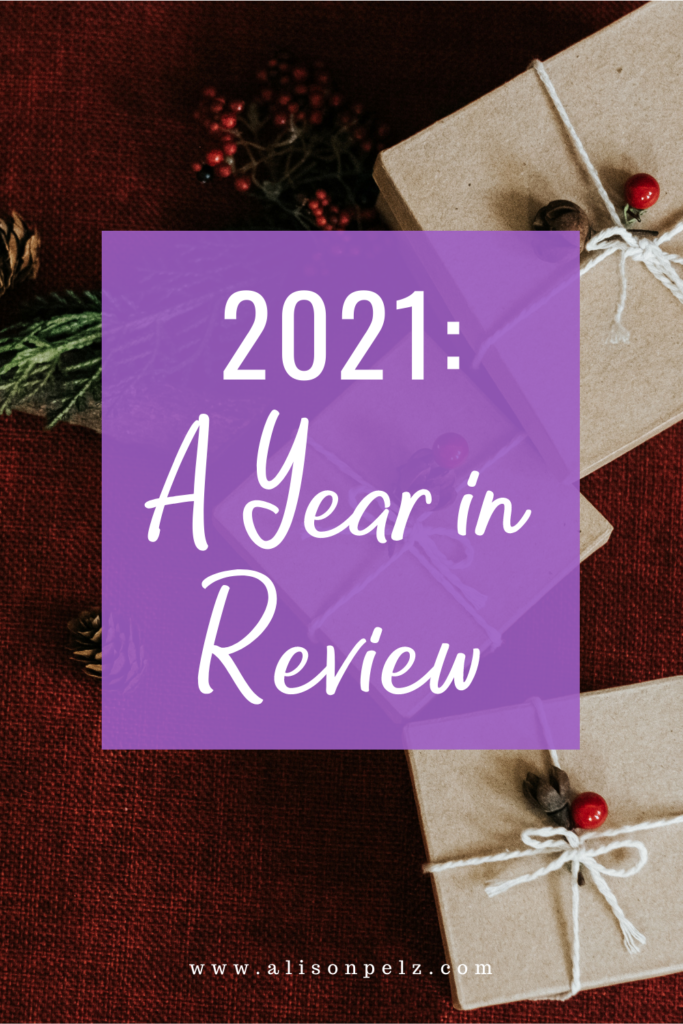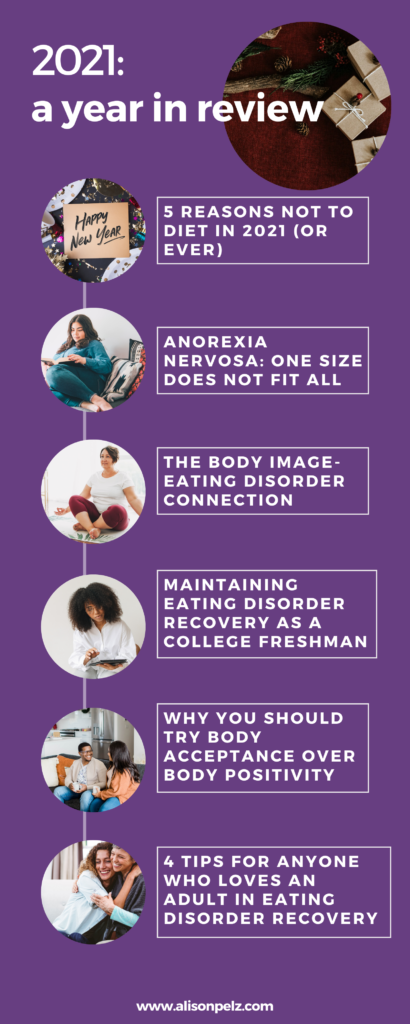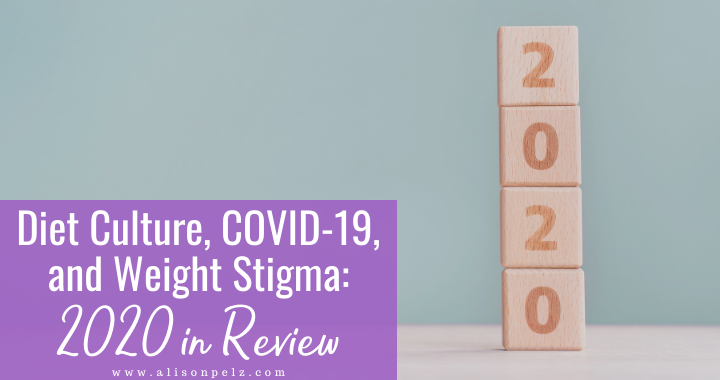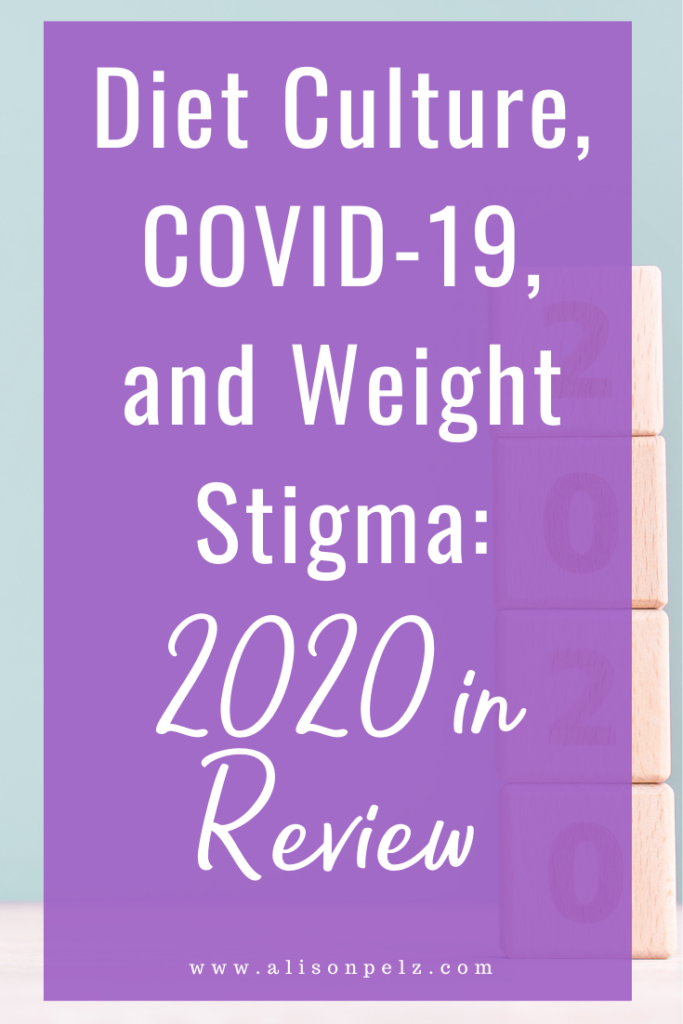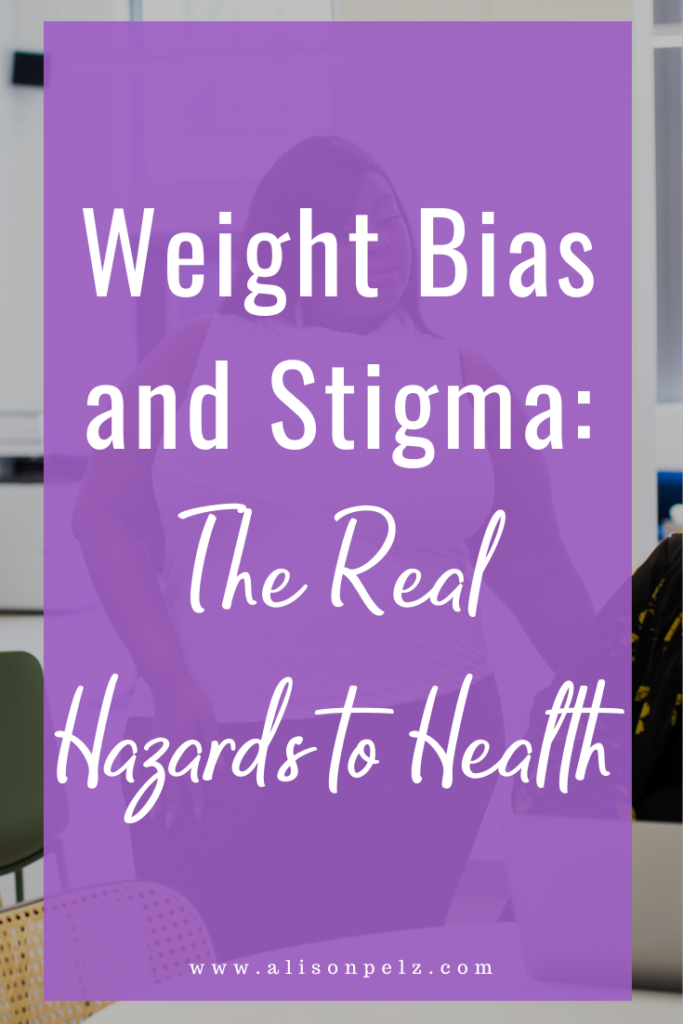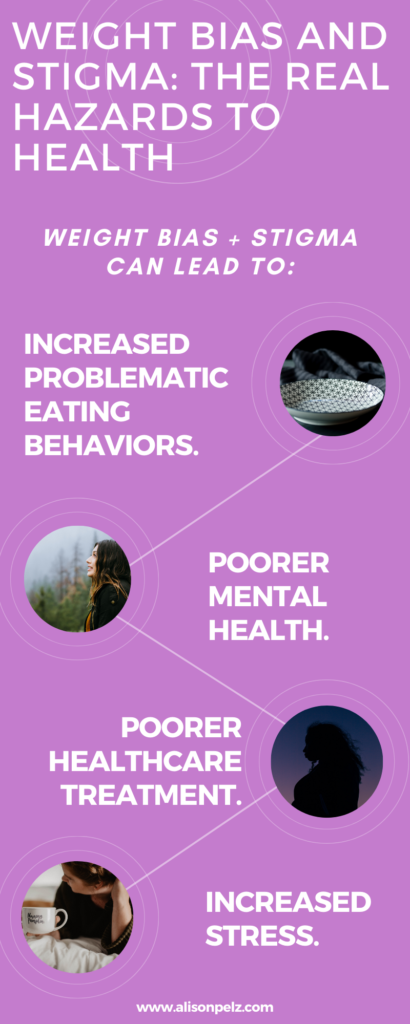What a year! 2021 was our second year in a pandemic, and seemed just as chaotic and challenging as 2020 was. Take a moment to pat yourself on the back for making it to the end of this year, it certainly hasn’t been easy, but I’m so glad you’re here. This too shall pass, and until it does, I’ll be here to support you virtually to stop feeling out of control and gain a sense of calm in relationship with food and your body
This year, more than ever, people experienced anxiety and burnout. If you’re feeling like you’re running on empty, you’re not alone. I hope you get some quality time to rest and recuperate this season. It’s always important to rest, but with the constant chaos of existence right now you might be feeling the need to slow down more than ever. I encourage you to lean into it!
You’re allowed to have periods of rest, and it’s important to listen to your body when it’s trying to tell you something. Consider this your permission slip to do nothing but self-care for the rest of the year!
Every year, I like to round up all of my blog posts from the year in one place. It’s fun to look back on the year through these posts, and I hope you find them useful as you work toward peace with food.
Here’s what I wrote about this year:
5 Reasons not to Diet in 2021 (or Ever)
“Unless you are taking a break from social media and the news, you most likely have been bombarded with messages about dieting and weight related New Year’s resolutions. Diet programs are promising the magic bullet for good health and weight loss in the New Year.
Maybe this year you are re-thinking your New Year’s resolutions. Perhaps you are beginning to notice that dieting is taking up too much space in your life or you are tired of worrying about what you eat or what you look like. It could be you are looking to “get off the diet roller coaster” permanently and heal your relationship with food and your body.
If you are ready to give up dieting, you’re not alone. Consider these five reasons to quit dieting for good.”
Anorexia Nervosa: One Size Does NOT Fit All
“Unfortunately, there are many incorrect assumptions associated with eating disorders. One I see a lot is the assumption that in order to have an eating disorder, particularly anorexia nervosa, one has to have very low body weight. This is simply not true.
Sadly these assumptions block those suffering from eating disorders from getting the life-saving treatment they need. In fact, most people with eating disorders don’t necessarily fit neatly into an eating disorder category.
Eating disorders are more about how the person relates to food, exercise, and body than what a person looks like.”
The Body Image-Eating Disorder Connection
“How we perceive our bodies is influenced by many factors, including family, friends, media, gender identity, culture, and the health-care system, to name a few. Body image is not static. It may change depending on our mood, situation, stage of life, or the season.
The majority of those who suffer with eating disorders have a negative body image. One of the key features of eating disorders is the overvaluation of weight, shape, and eating habits on self-worth.
Self-worth is how and what we think about ourselves. In other words, those who struggle with eating disorders equate much of their self-worth with their ability to control their weight, shape, and eating habits. Having a negative body image often keeps the eating disorder going.”
Maintaining Eating Disorder Recovery as a College Freshman
“College can be a difficult transition for anyone, but if you’re in recovery for an eating disorder, it can be a particularly stressful transition!
Some of the challenges of maintaining your recovery while returning to school include change in routine, increased demands and independence, and exercise/diet culture.
Remember: it’s normal for eating disorder symptoms to recur in times of high stress and periods of transition. But by taking time to consider how your recovery will be impacted in this period of transition, you can create a plan to cope with stress and continue with your recovery.”
Why You Should Try Body Acceptance Over Body Positivity
“The idea of body positivity has its roots in fighting diet culture, but the term doesn’t resonate with everyone. After all, feeling positive about your body is a tall order for a lot of people.
First of all, there is a multi-billion dollar diet industry that uses its considerable resources and influence to convince us all that there is something wrong with our bodies. Feeling insecure about how our bodies look is a surefire way to get us to buy products that will “fix” us. However, consider the idea that there was nothing wrong with your body in the first place.
People who are chronically ill or disabled might not feel like they can be positive about a body that is constantly in pain or not able to move through the world easily. People who are recovering from eating disorders might not trust their body’s cues or might feel distress when thinking about their bodies.
Body acceptance might feel like a more attainable goal than body positivity.”
4 Tips for Anyone Who Loves an Adult in Eating Disorder Recovery
“It’s possible for eating disorders to initially develop later in life, not just during adolescence. It’s also possible that adults suffering from an eating disorder developed it during adolescence and never fully recovered. Life stressors (like a pandemic, for example!) later in life can also cause a relapse of eating disorders.
Eating disorders develop for a variety of reasons including genetics, temperament, gender, and dieting history to name a few.
It is less important why and how the eating disorder developed, and more important to focus on supporting your loved one in their eating disorder recovery.”
I’ll be back in 2022, writing more about ED recovery, food peace, and weight bias. If there are any topics you want me to cover next year, let me know. You can send me a message here, and you can also follow me on Facebook. Every week, I share resources from myself + other eating disorder experts, so follow if you’re looking for more information.

